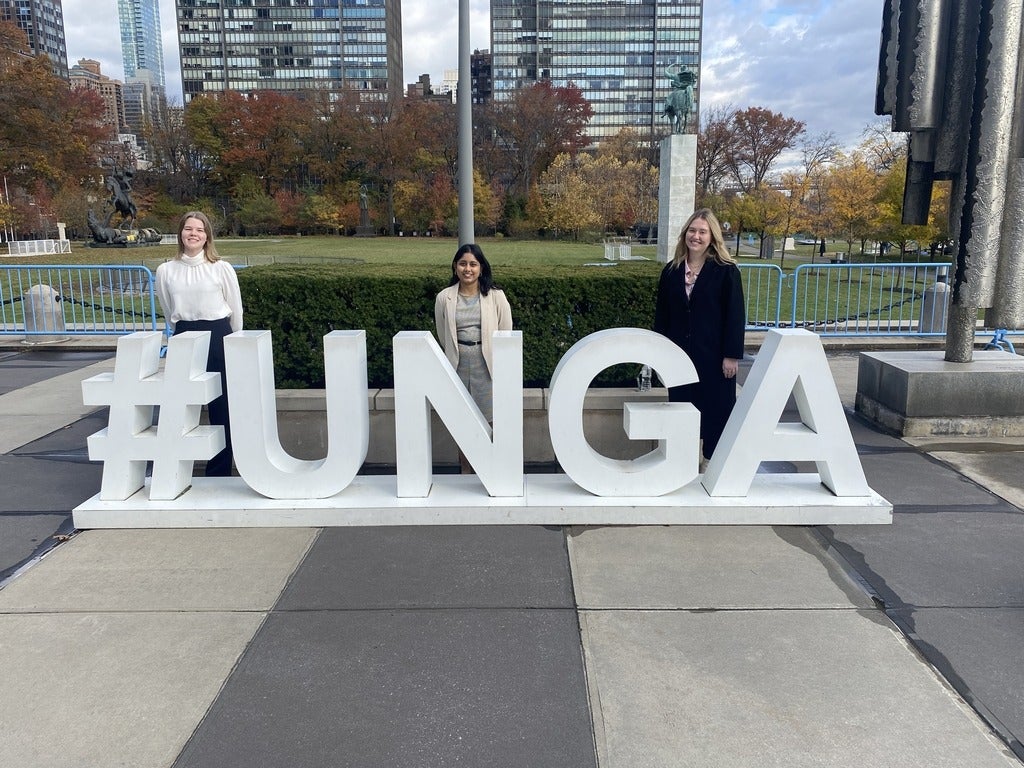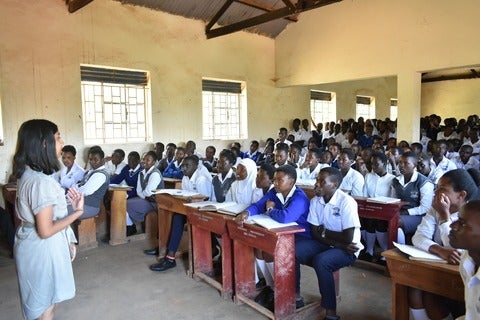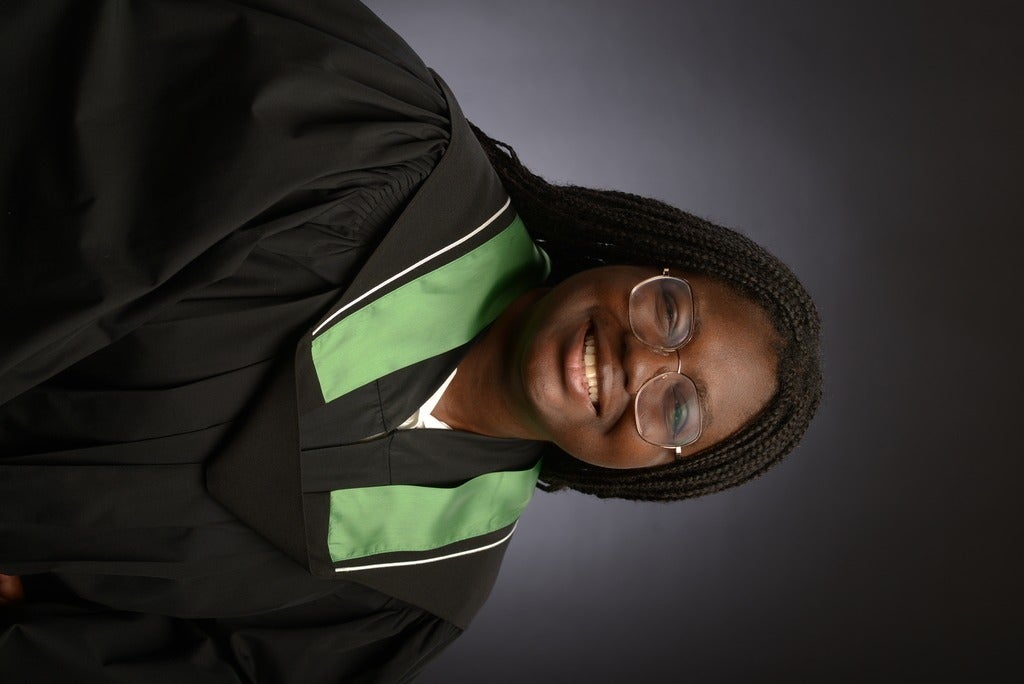The Annual C. Henry Smith Peace Speech Contest
The annual C. Henry Smith Peace Oratorical Contest offers Peace and Conflict Studies (PACS) students and Grebel residents/associates an opportunity to discuss peacebuilding and social justice issues on campus and beyond. The intercollegiate competition is administered by the Peace and Justice Ministries of the Mennonite Central Committee (MCC).
On March 25, 2026, from 7 p.m. to 8:30 p.m. at Grebel, the PACS Department and the Grebel Chaplaincy’s Offices are organizing a speech performance and inviting you to participate. The contest winners will be rewarded with cash prizes. For more information, reach out to the PACS Academic Advisor.
You can learn more about the contest and meet former PACS or Grebel resident participants.
Application deadline — March 6, 2026.









